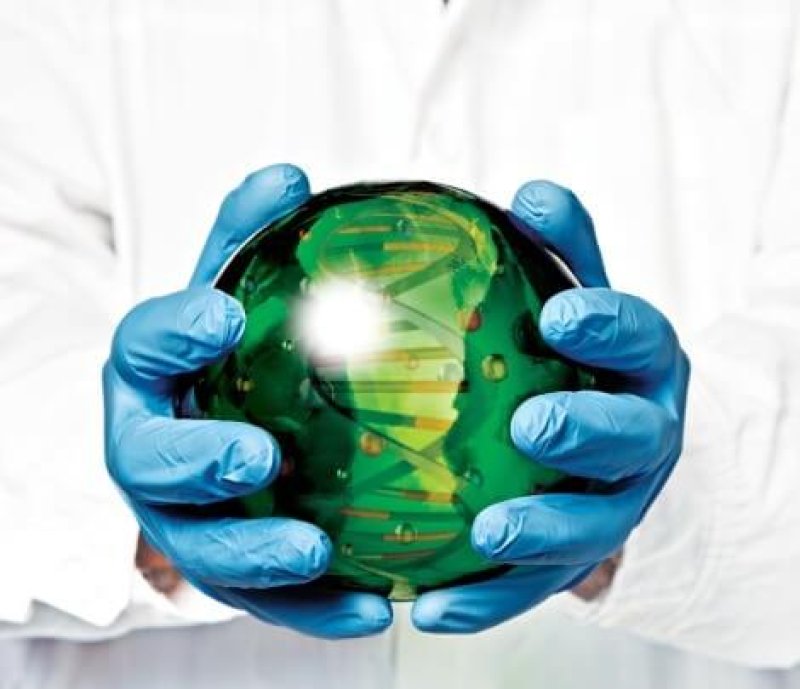It is common to hear claims that biotechnology will solve many of the world’s most perplexing problems. For example, a 2014 US State Department’s online article, titled “Biotech Innovations that are changing the World,” reported on a conference sponsored by the State Department and several other government agencies on the “bioeconomy revolutions” ….
…
However …. sweeping claims that the biotech revolution represents human progress commit the “modernist fallacy.” It can no longer be assumed that people share a culture-forming schema for interpreting technological innovations. Technological pessimists—for example in alternative agriculture, health and environmental movements …. would likely interpret the very same biotech innovations that are driving the “bioeconomy revolution” on display at the State Department …. as potentially menacing threats to human health
…
[P]olitical efforts to develop urban water purification and chlorination systems, public sanitation systems and childhood immunization programs …. promote equity and justice by reducing health differences between the rich and the poor. The tradition of medically sanctioned food fortification programs fits within the progressive tradition of the modern public health movement.…
It seems that assertions of progress must move away from nineteenth century metaphysics and toward twenty-first century pragmatism …. Progress must be understood in more mundane and pragmatic terms. For “progress” in biotechnology to have a shared cultural interpretation it must be in a common sense understanding of the word.
Read full, original article: Reinterpreting Progress, Genetically Engineered Biofortified Crops and Technological Pragmatism































